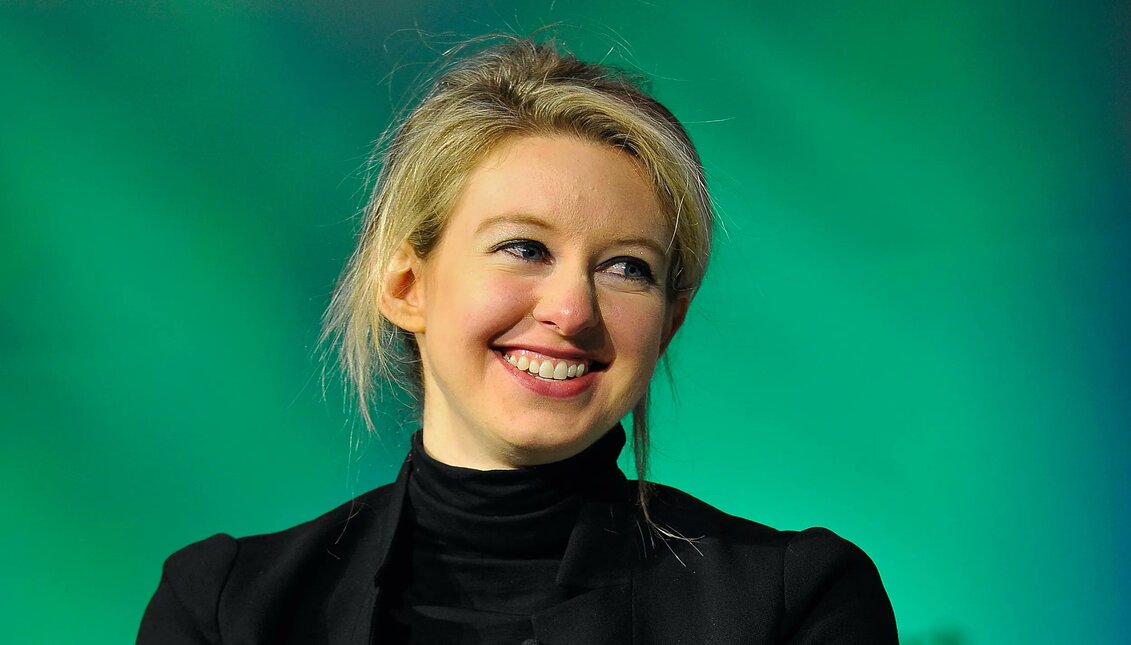
Silicon Valley sensation Elizabeth Holmes faces up to 80 years in prison
Holmes had promised her startup investors a scientific revolution for medicine.
Elizabeth Holmes, who at 19 left Stanford University to launch her startup Theranos, and created a supposedly revolutionary tool for the health industry that was said to detect diseases using a single drop of blood, seems to have hit rock bottom after the verdict against her.
Whoever was considered the next Steve Jobs, a comparison she sought by emulating her way of speaking and dressing, managed to impress important names in business and public life in the United States to invest in her medical technology company. George Schultz, U.S. Secretary of the Treasury, James Mattis, general of the Marine Corps, the Walton family, the richest in the country, as well as Henry Kissinger and Rupert Murdoch, were some of the heavyweights behind Holmes.

However, her company, which came to be valued at $9 billion, was never subject to serious tax reviews, much less intervention by specialists to validate the veracity of the technology it promised. With the important support that elevated the initiative and the aura of conviction that Holmes possessed, investors never thought they were being misled by the bright young woman.
At the beginning of the week, the federal jury of eight men and four women found Holmes guilty of three counts of wire fraud and one of conspiracy to defraud investors. Although an official ruling has yet to be issued, it is expected to be exemplary so that the story does not repeat itself again in Silicon Valley, and affects the confidence of those who invest in supposedly marvel technological developments.
RELATED CONTENT
The creator of Theranos, now 37 years old, faced 11 charges and, although she was only found guilty of four, for each she could be sentenced to serve up to 20 years.
Holmes' attorneys, who have never shown that their client regrets or feels guilty about her actions, further indicated that her company's intent was not to defraud its investors, but rather naively underestimated the true scope and potential challenges posed by the technology she offered.
The great promise of Theranos and its blood tests not only lay in the supposed ease of detecting diseases through a simple finger prick, but especially in its cost, which was four times less than traditional tests, and why important chain drugstores joined on her project.
In late 2015, The Wall Street Journal conducted an investigation in which the credibility of Holmes's company was seriously in doubt. This was joined by the United States Department of Justice, which brought charges against Holmes and her romantic partner at the time, Ramseh "Sunny" Balwani, for misleading investors, doctors and patients.
Theranos was finally dissolved in 2018, unable to ever deliver on its promises for medical science, also becoming a clear example of why many criticize Silicon Valley, where people often without integrity or values manage to amass large fortunes and achieve supported status on empty promises.











LEAVE A COMMENT: